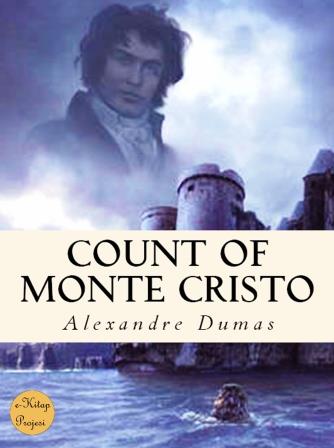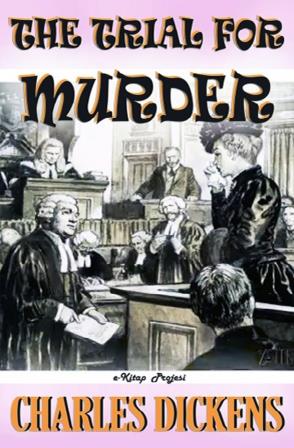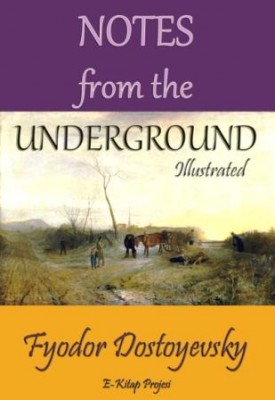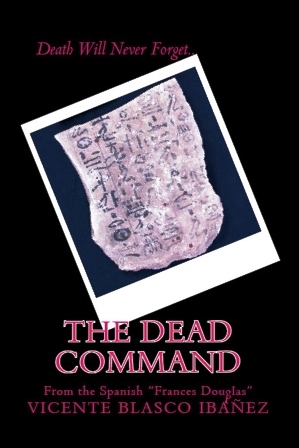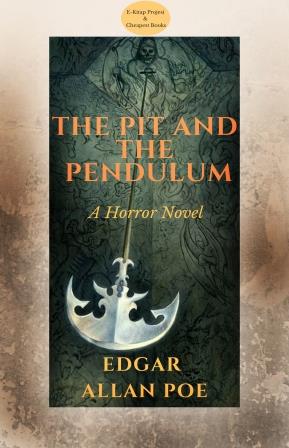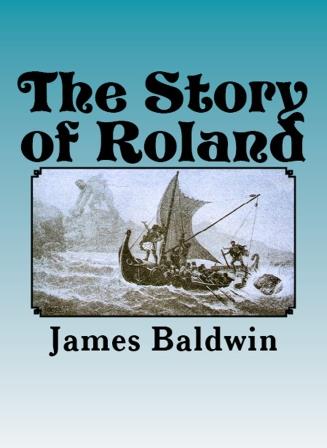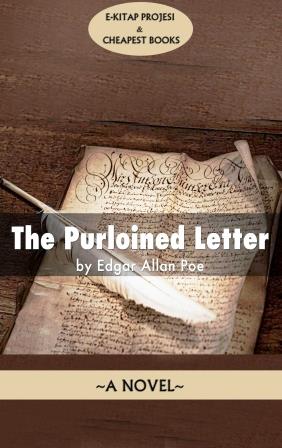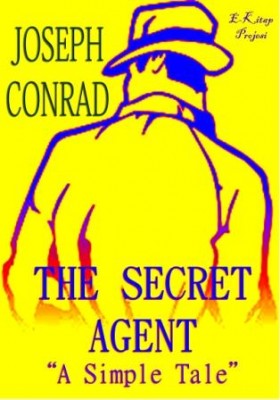More Search Results...
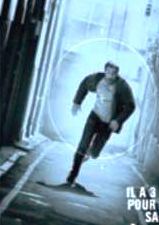
Count of Monte Cristo
The Count of Monte Cristo (is an adventure novel by French author Alexandre Dumas (père). Completed in 1844, it is one of the author's most popular works, along with The Three Musketeers. The story takes place in France, Italy, islands in the Mediterranean, and in the Levant during the historical events of 1815–1838. It begins from just before the Hundred Days period (when Napoleon returned to power after his exile) and spans through to the reign of Louis-Philippe of France. The historical setting is a fundamental element of the book. An adventure story primarily concerned with themes of hope, justice, vengeance, mercy and forgiveness, it focuses on a man who is wrongfully imprisoned, escapes from jail, acquires a fortune and sets about getting revenge on those responsible for his imprisonment. However, his plans have devastating consequences for the innocent as well as the guilty.
The book is considered a literary classic today. According to Luc Sante, "The Count of Monte Cristo has become a fixture of Western civilization's literature, as inescapable and immediately identifiable as Mickey Mouse, Noah's flood, and the story of Little Red Riding Hood."
The Trial for Murder
The Trial For Murder, written in 1865, is a short story by Charles Dickens. It is one of Dickens' ghost stories, and is perhaps the best known outside of "A Christmas Carol."
More info →The Old Man in the Corner
The Old Man in the Corner is an unnamed armchair detective who appears in a series of short stories written by Baroness Orczy. He was one of the first of this character-type created in the wake of the huge popularity of the Sherlock Holmes stories.
More info →Notes from the Underground
Underground*
*The author of the diary and the diary itself are, of course, imaginary. Nevertheless it is clear that such persons as the writer of these notes not only may, but positively must, exist in our society, when we consider the circumstances in the midst of which our society is formed. I have tried to expose to the view of the public more distinctly than is commonly done, one of the characters of the recent past. He is one of the representatives of a generation still living. In this fragment, entitled "Underground," this person introduces himself and his views, and, as it were, tries to explain the causes owing to which he has made his appearance and was bound to make his appearance in our midst. In the second fragment there are added the actual notes of this person concerning certain events in his life.
The Dead Command
Jaime Febrer arose at nine o'clock. Old Antonia, the faithful servant who cherished the memory of the past glories of the family, and who had attended upon Jaime from the day of his birth, had been bustling about the room since eight o'clock in the hope of awakening him. As the light filtering through the transom of a broad window seemed too dim, she flung open the worm-eaten blinds. Then she raised the gold-fringed, red, damask drapery which hung like an awning over the ample couch, the ancient, lordly, and majestic couch in which many generations of Febrers had been born and in which they had died.
More info →The Pit and the Pendulum
The Pit and The Pendulum by Edgar Allan Poe "The Pit and the Pendulum" is a short story written by Edgar Allan Poe and first published in 1842 in the literary annual The Gift: A Christmas and New Year's Present for 1843. The story is about the torments endured by a prisoner of the Spanish Inquisition, though Poe skews historical facts.
More info →Arms and the Man
To the irreverent—and which of us will claim entire exemption from that comfortable classification?—there is something very amusing in the attitude of the orthodox criticism toward Bernard Shaw. He so obviously disregards all the canons and unities and other things which every well-bred dramatist is bound to respect that his work is really unworthy of serious criticism (orthodox). Indeed he knows no more about the dramatic art than, according to his own story in "The Man of Destiny," Napoleon at Tavazzano knew of the Art of War. But both men were successes each in his way—the latter won victories and the former gained audiences, in the very teeth of the accepted theories of war and the theatre. Shaw does not know that it is unpardonable sin to have his characters make long speeches at one another, apparently thinking that this embargo applies only to long speeches which consist mainly of bombast and rhetoric.
More info →The Story of Roland
Jean Bodel a minstrel of the thirteenth century, wrote, "There are but three subjects which interest men,—the tales of France, of Britain, and of Rome the great; and to these subjects there is nothing like. The tales of Britain are so light and pleasant, those of Rome are wise and of teachful sense; those of France, truly every day of greater appearance."
More info →The Purloined Letter
The Purloined Letter Edgar Allan Poe The Purloined Letter" is a short story by American author Edgar Allan Poe. It is the third of his three detective stories featuring the fictional C. Auguste Dupin, the other two being "The Murders in the Rue Morgue" and "The Mystery of Marie Roget."
More info →The Secret Agent: A Simple Tale
Mr Verloc, going out in the morning, left his shop nominally in charge of his brother-in-law. It could be done, because there was very little business at any time, and practically none at all before the evening. Mr Verloc cared but little about his ostensible business. And, moreover, his wife was in charge of his brother-in-law.
The shop was small, and so was the house. It was one of those grimy brick houses which existed in large quantities before the era of reconstruction dawned upon London. The shop was a square box of a place, with the front glazed in small panes. In the daytime the door remained closed; in the evening it stood discreetly but suspiciously ajar.


























